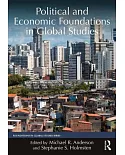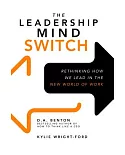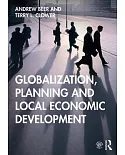Many different companies can significantly contribute to the integrated goals and targets of the United Nations’ sustainable development goals, such as poverty reduction, by 2030. Poverty is
not only about people living below $1.25 per day, but more fundamentally, it is the lack of capabilities and access for them to participate in productive economic activities. If companies can
contribute to provide access and the necessary skills, then individuals will have the capabilities to achieve their aspirations, including earning a higher income.
Corporate Social Responsibility and Sustainable Development supports Sen’s assertions that poverty can be alleviated if the capability of individuals is improved. Beyond that, this book shows
that sustainable development goals can be achieved when the company’s CSR programs and social capital development in improving people’s capabilities are combined with necessary finance access
and market access for the poor. The theoretical model developed from the journey of Astra International, the largest private company in Indonesia, is replicable for other companies aspiring
to be sustainable in developing countries. The model shows a virtuous cycle between the corporate aim, CSR programs, social capital and corporate sustainability.
This volume is of great value to academics, practitioners and policy makers interested in the themes of CSR, social capital, and sustainable development of developing countries. It also
appeals to professionals in industry associations, development agencies and international organizations, as well as NGOs that are concerned with the achievement of sustainable development
goals by 2030.





















